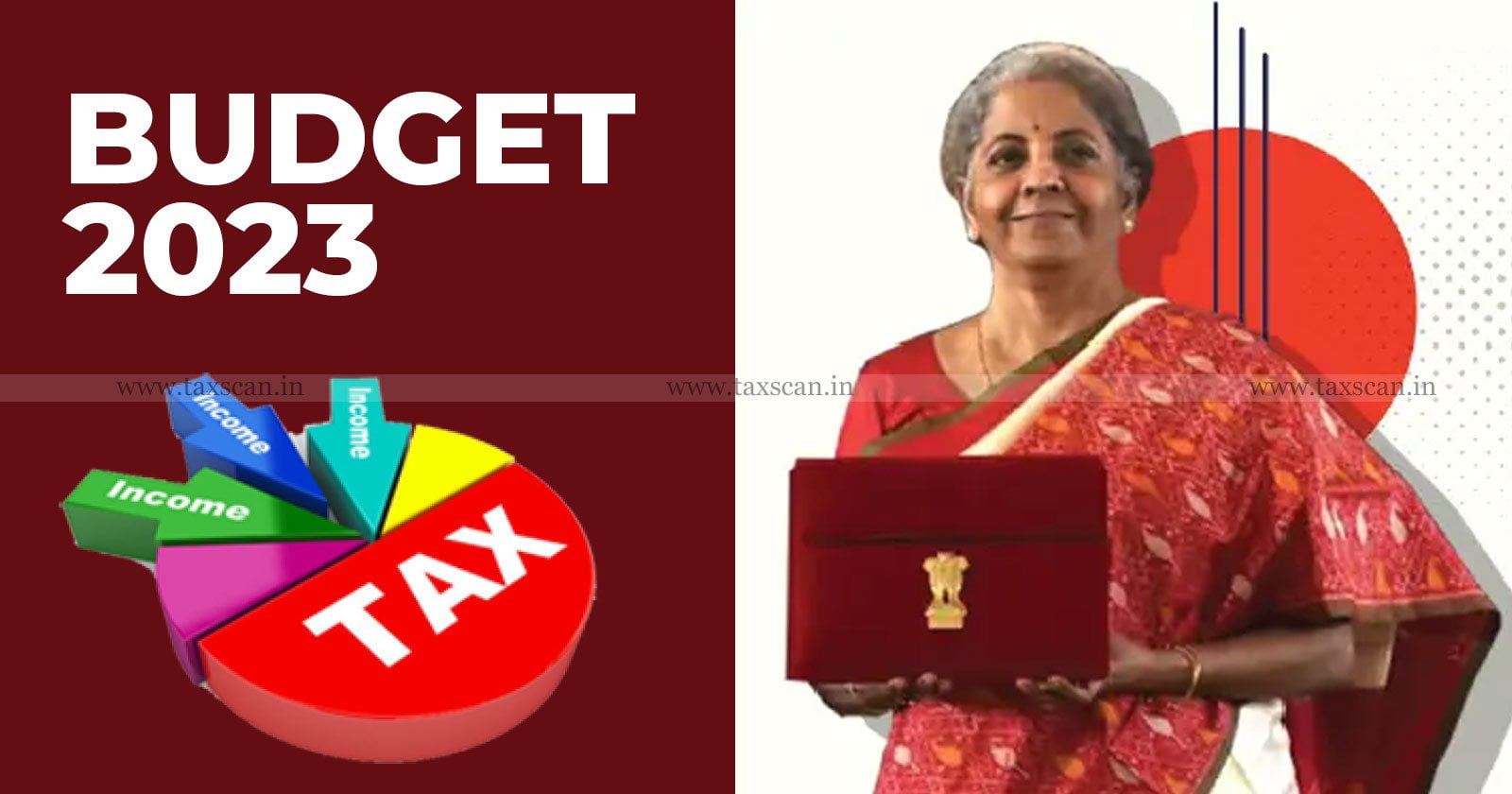Union Budget 2023: Middle Class can expect these 5 Changes

Union Budget 2023 – Middle Class can expect these 5 Changes – Taxscan
Union Budget 2023 – Middle Class can expect these 5 Changes – Taxscan
The Union Finance Minister, Nirmala Sitaraman is all set to present the Union Budget on 1st February 2023.
The middle class expect the budget to be a stepping stone to better personal finances, especially savings, as the cost of living and tax liabilities are equally high. Notably, the gross savings of Indian Households fell to an amusing 10.8% in FY 2021-2022, a much lesser figure in comparison to the 15.9% recorded in FY 2020-2021.
The inflation and increasing fuel prices have also contributed to reduced savings allocation of salary and has had a big impact on the purchasing power of the middle class and salaried taxpayers.
Not many changes are expected in the tax slabs, as experts of the field point out, however, some beneficial measures are anticipated for the salaried class. As of now, no official confirmation is available on the changes.
As experts point out, the consumption-culture, powered by the middle class, is what will make India a developed economy. So it is only fair to give back their fair share of expected state involvement.
The following changes are anticipated by the salaried class and middle income earners: –
- Revision of Lower Tax Slabs: Increase of basic Exemption Limit from Rs. 2.5 Lakhs to Rs. 5 Lakhs.
- Updation of HRA Rules: Revision of definition of Metro Cities to include more cities from the existing four – Delhi, Kolkata, Chennai and Mumbai. Bangalore, for example, has comparable costs of living on par with the current cities.
- Increase in 24b Limit: Currently, a deduction of 2 Lakhs can be availed for interest paid on housing loans. Revision of this to 5 Lakhs would be a very welcome measure in light of the increased interest loan interest rates.
- Section 80C deduction increase: An increase on the deduction of principal amount paid on housing loan from Rupees 1.5 Lakhs to 3 Lakhs is also expected in the upcoming budget. It is notable that the same has not been increased in the past decade.
- Exemption for Personal Loan borrowers: Comprising 35% of all borrowings, personal loan borrowers definitely deserve an exemption in lieu of interest paid on personal loans, like the one that can be availed for educational loans under Section 80E of the Income Tax Act, 1961.
Support our journalism by subscribing to Taxscan premium. Follow us on Telegram for quick updates.


